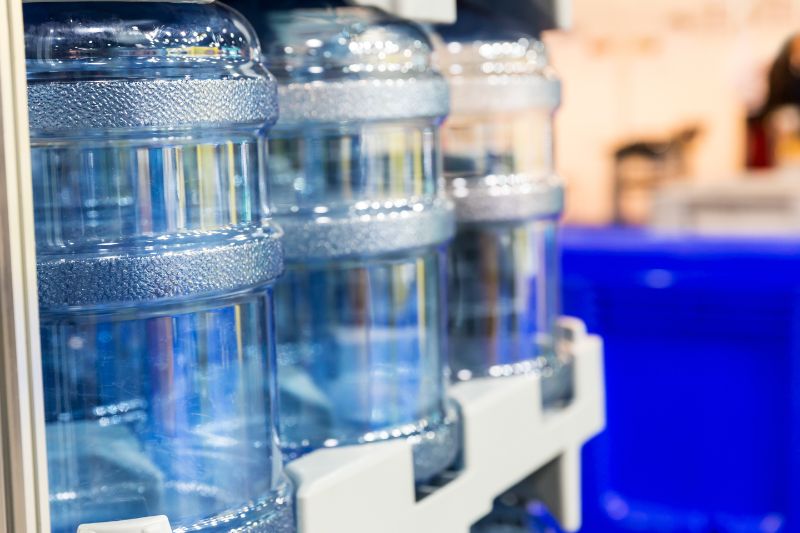How to Set Up a Well Water Filtration System?
There are many different factors to take into account when setting up a well water filtration system. Among the most important are water quality and the type of filtration needed.
(Looking for water filtration and softener system? Contact us today!)

When selecting a filtration system, you’ll want to ensure that it is easy to use and easy to clean. You may need to change the filter on a regular basis. It’s also a good idea to make sure the o-ring is intact. To do this, you’ll need to remove the old filter and replace it with a new one.
If you have hard water, you may need a whole house water softener. Your local health department can help you choose the right solution for your situation.
Water contaminated by bacteria and other pollutants can affect the health of your family. A well water filtration system can be an effective way to solve this problem. Whether you need a whole house system or a point of entry system, there are several options available.
Before you begin, you’ll need to test your water for bacteria, nitrates, lead, and other contaminants. Using a meter or other method is recommended. While you’re testing your well water, it’s a good idea to tell your neighbors about what you are doing. That way, they can help prevent the spread of disease.
Once you’ve identified the potential contaminants, you’ll need to decide on the best filtration system. Some options include whole house systems, point of entry systems, and DIY options. The cost of a filtration system can vary greatly, so it’s important to choose something that fits your budget.
Well water filtration systems typically contain an activated carbon stage, which removes chlorine. In addition, a bypass line is installed, which allows the water to pass around the filter. Another option is an ultrafiltration membrane filter, which is the most advanced filtration technology on the market. This system filters out 99.9% of bacteria, viruses, and other particles. Unlike reverse osmosis, the membrane purification process doesn’t waste water.
If you’re installing a whole house water filter, it’s a good idea to have a professional plumber perform the installation. Make sure to get a plumber with plenty of experience in plumbing, and don’t be shy about calling to ask questions. Also, don’t forget to shut off the water supply before installing.
For DIY options, you can easily make a home made water filter. Using small rocks or charcoal, you can create a simple and inexpensive filter for your well water. Other materials to consider include sand or a cloth. Depending on your needs, you may also need a bypass line to allow the water to flow through the system.
There are also several brands of well water filtration systems on the market. Reynolds, Whirlpool, Culligan, and Brita are all popular brands. These systems work by removing the iron, sulfur, and chloride that can leave water with a disagreeable taste.
As a general rule, when you disinfect your well water, you’ll need to boil it for at least 30 minutes before drinking. Don’t forget to use protective clothing and eyewear. And you should keep pets away from the area until you’re done.

